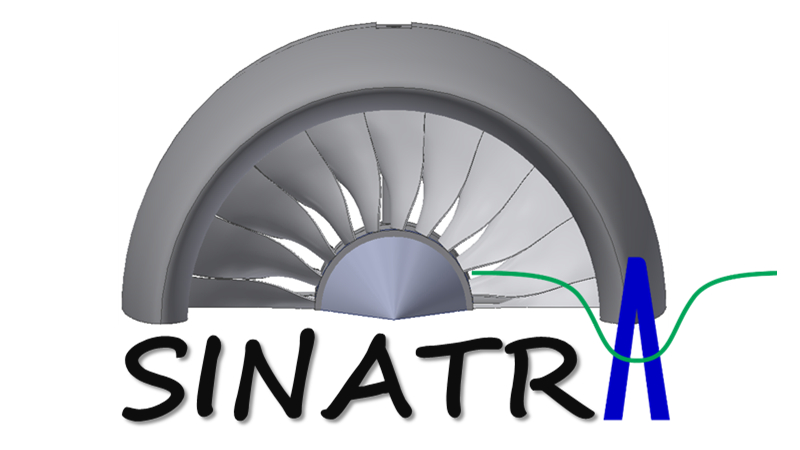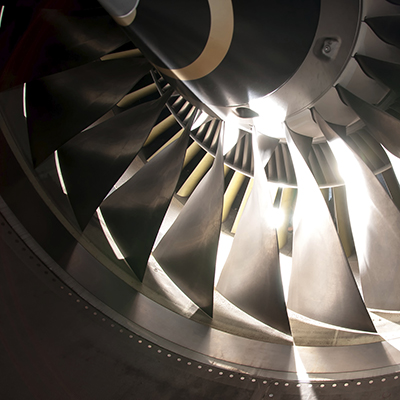- DatesNovember 2020-October 2023
- SponsorFunding received from the European Union’s Horizon 2020 research and innovation programme under Grant Agreement ID 886521
- FundedEUR 1,486,930
- PartnersCranfield University, UK (coordinator); ILA R&D GMBH, Jülich, Germany; BEUTH - Hochschule für Technik Berlin, Germany; Paul Scherrer Institute, Zurich, Switzerland

For future, novel, closely coupled airframe-engine architectures with BLI concepts, current testing technology struggles to accurately assess the inlet flow distortion levels that influence the engine stability due to the low spatial and temporal resolution of current experimental methods.
New concepts will require support of numerical means and ground facilities, as well as in-flight testing.
Non-intrusive, laser-based solutions such as PIV or DGV require the inlet flow to be seeded, which comes with a number of caveats, including the requirement of uniform seeding distribution across the measurement plane and the installation of seeding rakes within the intake sub-system. This is notably challenging in airborne measurements.
A promising laser-based measuring technology is the seedless filtered Rayleigh scattering (FRS), which would be ideal for in-flight measurements. Due to its potential to offer spatial and temporal resolution similar to other laser methods, it allows even highly dynamic flow distortions generated by the geometry of the complex intakes to be clearly understood.
SINATRA plans to further mature the FRS technology and provide the necessary outlook by achieving the following: a) develop and validate up to TRL4 an FRS measuring system prototype, using a CW laser, for time averaged distortion measurements; b) upgrade the above prototype, to demonstrate an FRS measuring system working with a pulsed laser, thus showing the capability of the technology to measure instantaneous distortions on a unsteady flow up to TRL3; c) provide a ground test inlet distortion facility that will be available to the whole European aeronautical, industrial and scientific community, enabling a wide range of non-intrusive flow measurements representative of future architectures to be explored simultaneously; and d) use the distortion data from the FRS measurements to characterise the distorted flows that are pertinent to advanced propulsion systems by means of distortion descriptors.
Further information
Find out more about the project on the CORDIS website.




